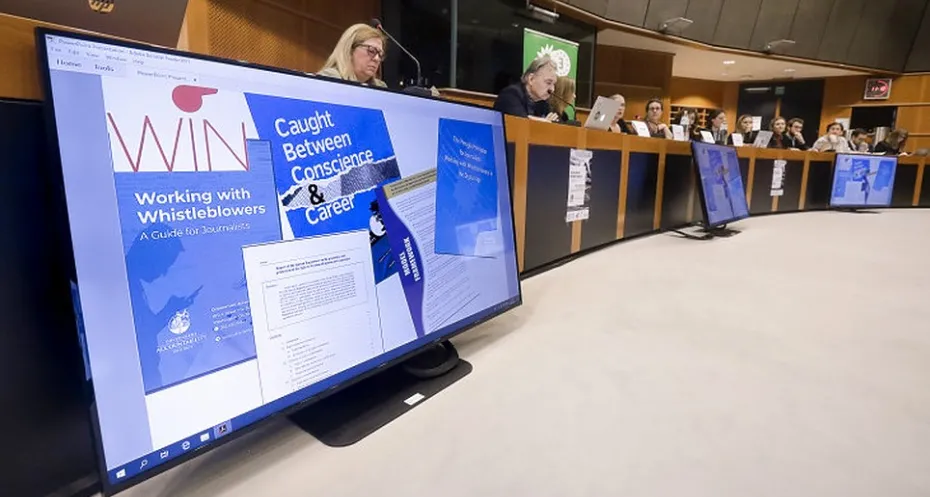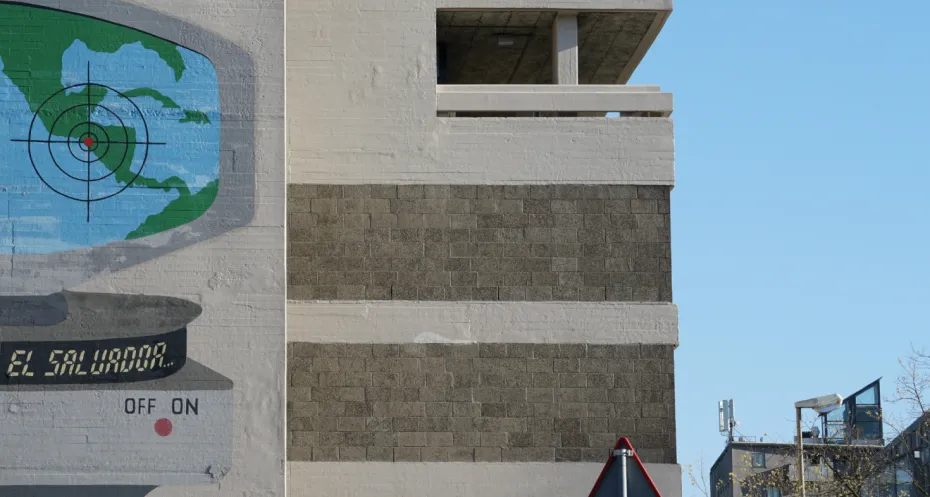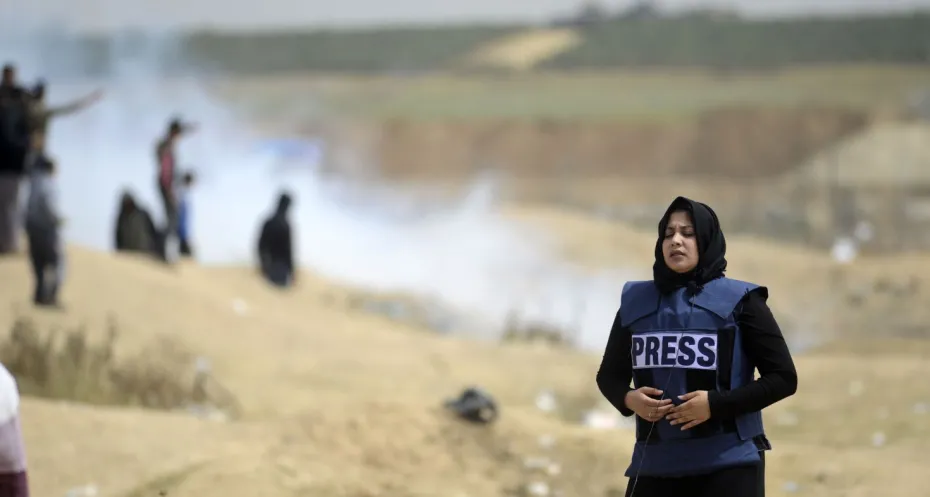Whistleblowing for independent journalism

On 4 February 2020, Free Press Unlimited, the European Federation of Journalists (EFJ) and the Whistleblowing International Network (WIN) co-organised an event at the European Parliament in Brussels to discuss the implementation of the new EU Whistleblowing Directive. This directive is a key step in better protecting whistleblowers and encouraging reporting, including to journalists.
Whistleblowers are people disclosing information about wrongdoings that can have an impact on the public interest, such as corruption or fraud. They can report the information within their company, to a public authority or choose to disclose the information to the media. As journalists need to ensure their sources are protected in order to expose the truth, safe whistleblowing is key to preserving press freedom.
Protecting whistleblowers across the EU
In October 2019, the European Union (EU) adopted a directive in order to better protect whistleblowers. It outlines minimum protection measures and clarifies who should be seen as a whistleblower. It also obliges companies of more than 50 staff members to create internal reporting channels, as well as EU member states to allow external reporting channels which can be used if reporting within the company is inefficient or unsafe. However, public disclosure of information can ónly be used when internal and external reporting channels are already explored, which discourages whistleblowing to the media. Member states have until December 2021 to align their national legislation to the EU Whistleblowing Directive.
How to ensure the directive is put in practice in a way that encourages whistleblowing and does not threaten journalist source protection? To discuss this, Free Press Unlimited, WIN and EFJ joined forces to organise an event for members of the European Parliament.

Safeguard the right to know
“The implementation of the directive must first aim at safeguarding freedom of expression, over the interests of businesses,” says Anna Myers, Executive Director of WIN. Together with EFJ, Mary Inman, international whistleblower lawyer, wrote guidelines for the media on how to implement the EU Whistleblower Directive, and encourages EU member states to be more ambitious than the minimum standards of the directive.
Rianne Verbeek, Programme Coordinator and manager of the Publeaks project from within Free Press Unlimited, presented several cases where whistleblowers decided to disclose information anonymously to the media to avoid retaliation from their employer, colleagues and/or the community. Like the case of the privacy breach of Barbie's medical records (a Dutch TV reality star) demonstrated that the unauthorized access by employees came to light without disclosing the identity of the whistleblower. Through examples of Publeaks stories, she highlighted the importance for whistleblowers to have the freedom to choose the reporting channel they find most efficient, within their company, to a public authority or to the media.
In the coming months, Free Press Unlimited, WIN and EFJ will keep on safeguarding the interests of journalists during the implementation of the EU Whistleblowing Directive by the member states. For more information see WIN’s website which includes resources on whistleblowing, and the implementation guideline for journalists can be found here.
Free Press Unlimited started the online platform Publeaks in the Netherlands in 2013 to give whistleblowers a secure and easy way to leak information to the press. In addition to providing a platform, Publeaks also informs journalists about digital security. Free Press Unlimited also assisted in setting up whistleblowing platforms in Mexico (Méxicoleaks), Indonesia (IndonesiaLeaks), Mali (Kenekanko) and Nigeria (Leaks.ng).
Photos: Thierry ROGE



